
Pin on Interesting things...
Is a seedless watermelon, including those sold as organic, a GMO, a hybrid, or something else altogether—a chemically altered mutant? There is some disagreement on this point.

The Amazing History of Watermelon YouTube
In the food industry, GMO crops have had genes added to them for various reasons, such as improving: their growth. nutritional content. sustainability. pest resistance. ease of farming. While it.

Vitamins and minerals of watermelon fruit. Infographics about
The seedless watermelon is the result of cross-breeding two types of watermelon to create a third kind: a triploid with 33 chromosomes versus the original 22.
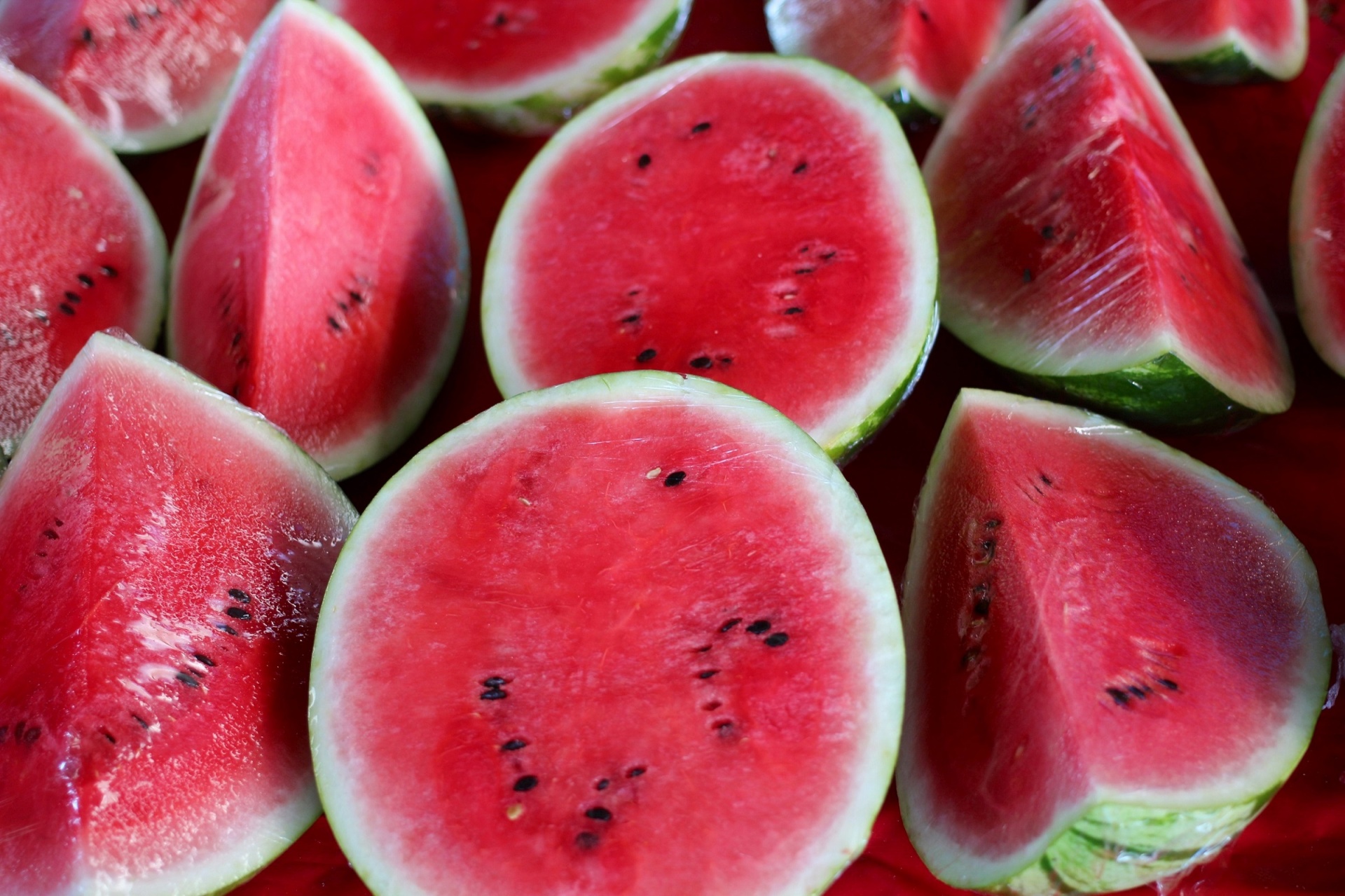
Watermelon Free Stock Photo Public Domain Pictures
GMO watermelon pros and cons. While many people are opposed to eating food that is not naturally produced, GMO watermelons have a few advantages. They have a more robust flavor and are loaded with incorporated vitamins. There are currently over thirty countries producing gm crops, with five countries accounting for almost all of the global.
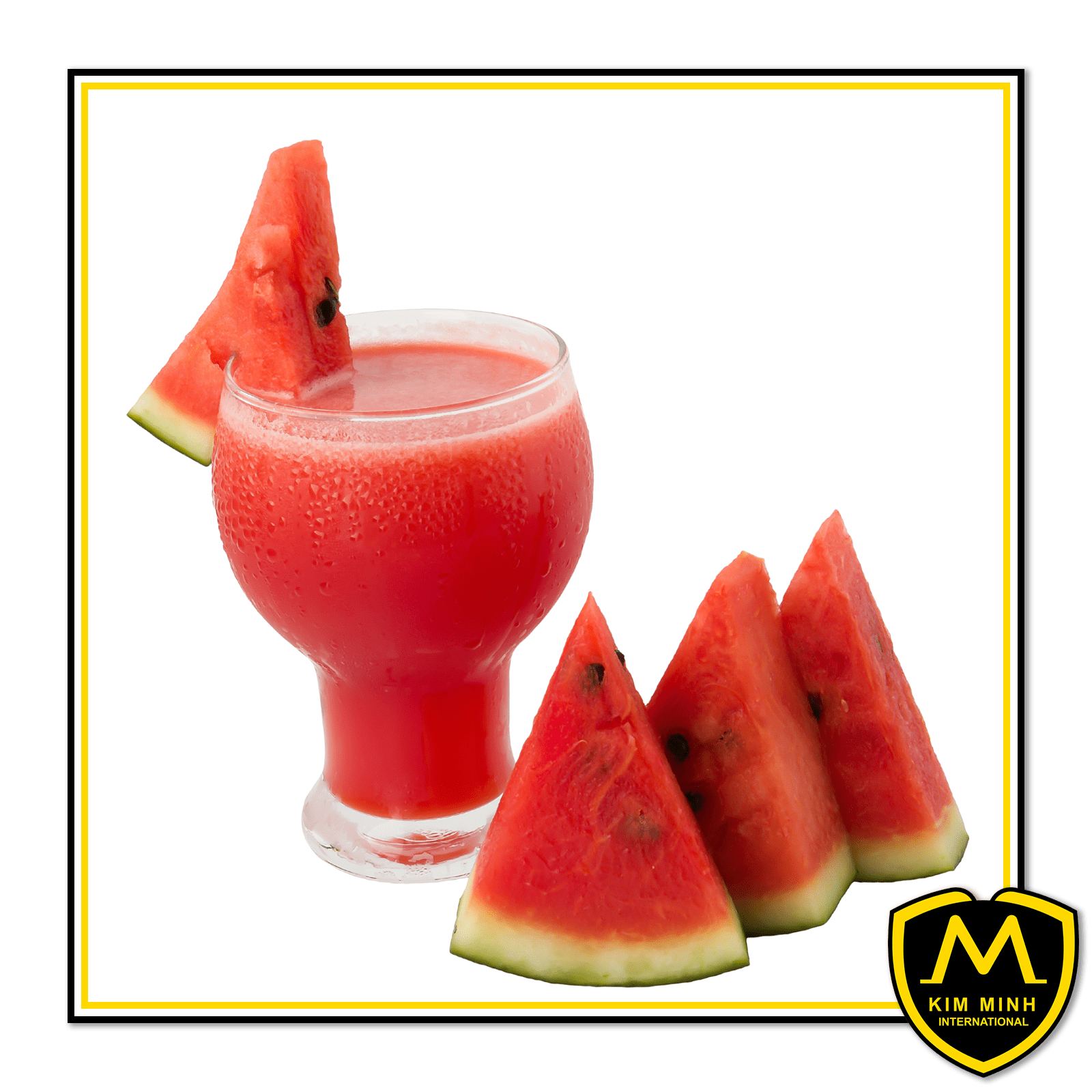
Watermelon Puree Kim Minh International 2024
An August 21, 2019, Non-GMO Project article described how seedless watermelons are naturally produced via crossbreeding: Seedless watermelons are triploid, which means they have three copies of their chromosomes rather than two. This renders them sterile, which of course means no seeds to pick out.

Is Watermelon Good for Weight Loss? PureHealthy.Co
GMO alfalfa is primarily used to feed cattle—mostly dairy cows.. Lycopene is naturally found in pineapples, and it is the pigment that makes tomatoes red and watermelons pink.
Watermelon Seeds Best Superfoods 2019 POPSUGAR Fitness Photo 9
Since some of you have asked, it should be noted that cube-shaped watermelons are also not genetically modified. Those are just grown in a cube-shaped container. Hybrid fruits such as tangelos and mandarinquats are also not GMOs—they are created with traditional crossbreeding methods.

Watermelon For Sale Free Stock Photo Public Domain Pictures
When pollinated, it creates a watermelon, which contains the seeds of the seedless variety. So, yes, in this sense, seedless watermelons are genetically modified through a careful process of select breeding. However, the process of selective breeding is not the USDA's definition of GMO, but the genes are manipulated to create a desired trait.
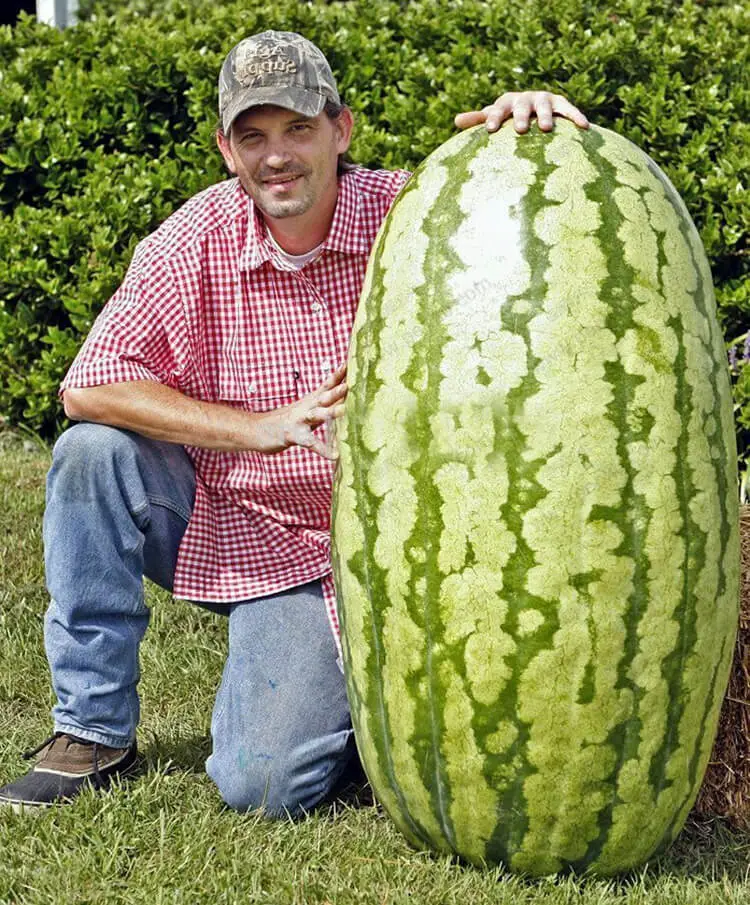
How to Grow Watermelon From Seeds Plant Instructions
All seedless fruit varieties come about through careful breeding, not genetic modification in a lab. The fellow on YouTube said nine times out of ten, they are genetically modified. Well, technically, they are. But not modified in the way most people think. Any time we seek to breed plants with certain desirable traits, we are performing a type.
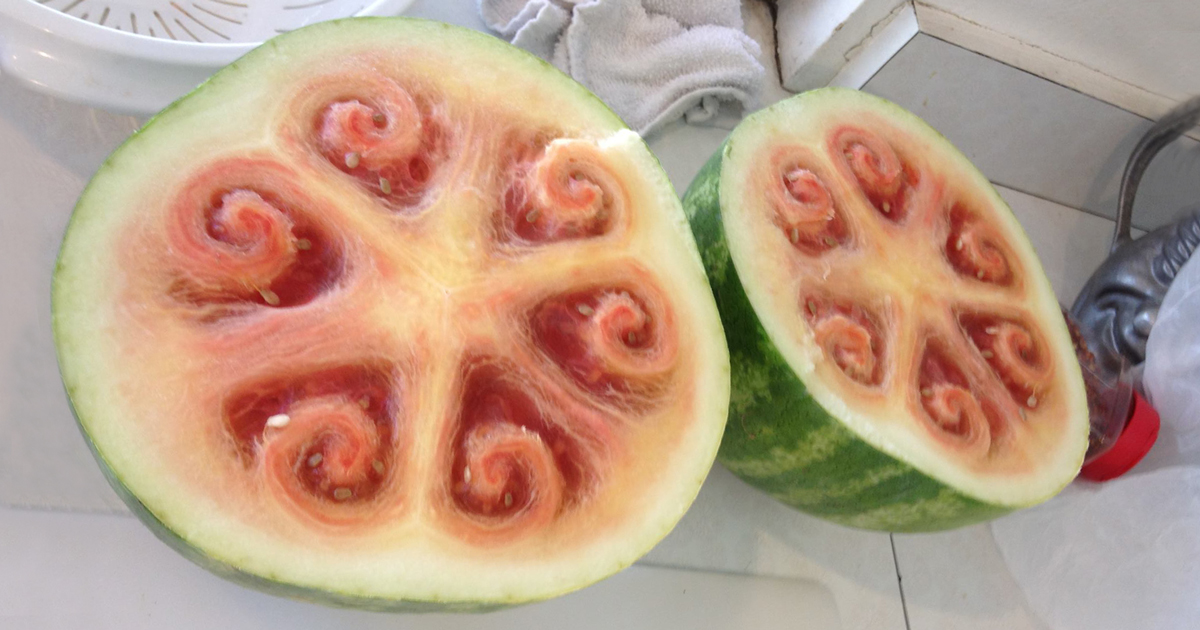
Is Hollow Heart Watermelon Safe to Eat? Easy Tips for Enjoying
The answer is no. There is no such thing as a GMO watermelon. Instead, seedless watermelons are hybrid plants that are created by cross-pollinating a male watermelon with a female watermelon flower. Seedless watermelons were first produced by a plant geneticist named O.J. Eigsti in the 1940s. However, they didn't take off until around 40.
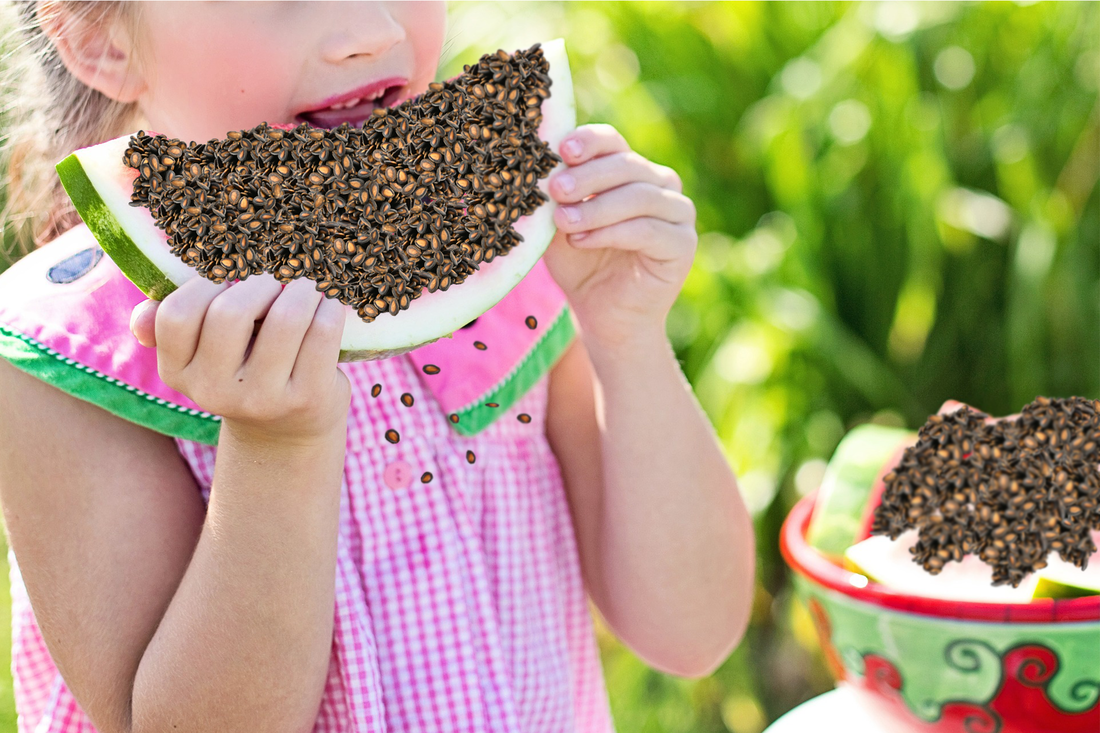
Science and Technology Hooba Canoes
As summer grinds on, the Non-GMO Project is here to reassure consumers that seedless watermelon is not genetically modified. "Are those watermelons a GMO? Nope!" the project tweeted last week.

Organic NonGMO Moon and Stars Watermelon
Answer. No, seedless watermelons are not GMOs, instead they are a hybrid plant from the cross pollination of a male watermelon with a female watermelon flower. Learn More about Watermelon.

FileWatermelon.jpg Wikipedia
The short answer is no, seedless watermelons are not GMOs. The slightly longer answer is that seedless watermelons aren't GMOs because the process by which they are produced doesn't meet the Non-GMO Project's Standard's criteria for biotechnology. Seedless watermelons are created through a process called "random mutagenesis."

GMO watermelons YouTube
Rainbow papayas are genetically modified and were developed after a disease nearly wiped out papaya production in Hawaii. Credit Jim Wilson/The New York Times. Misconception: The new labels will.
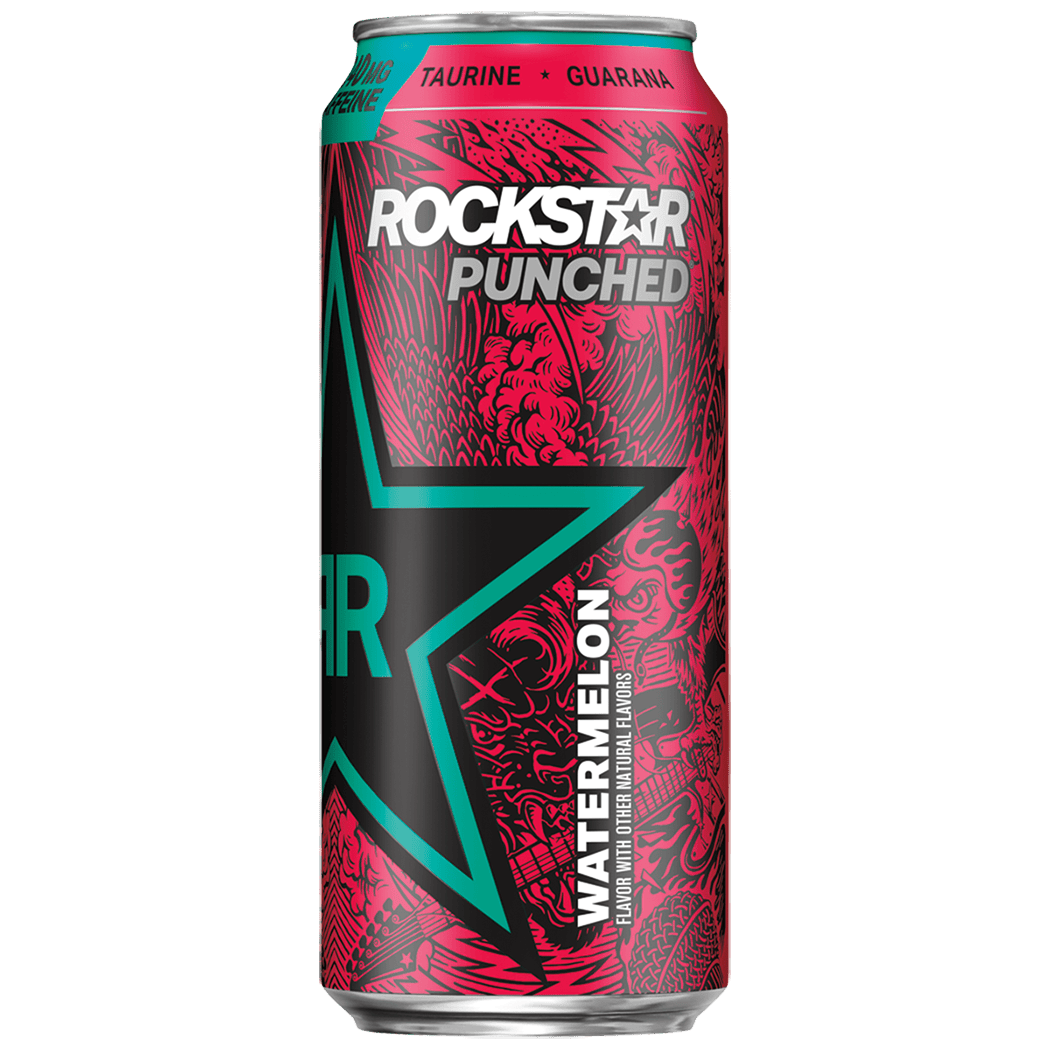
Product
The use of a chemical called colchicine - This chemical alters the chromosomes in the watermelon the watermelon seeds from 2 to 4. It is applied once the seedling emerges from the soil to stop the natural chromosome division. To be effective it must be applies twice daily for 3 days (yuck!). So, Does That Make Seedless Watermelons GMO?

Is Seedless Watermelon GMO?
Today, corn is 1,000 times larger than it was 9,000 years ago and much easier to peel and grow. Also, 6.6% of it is made up of sugar, compared with just 1.9% in natural corn, according to Kennedy.